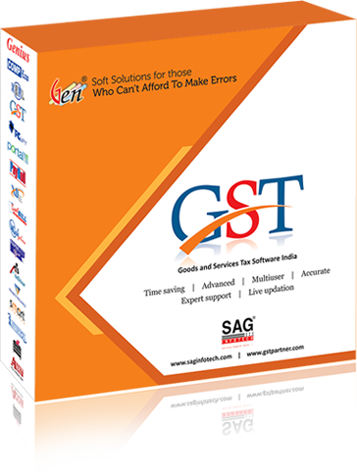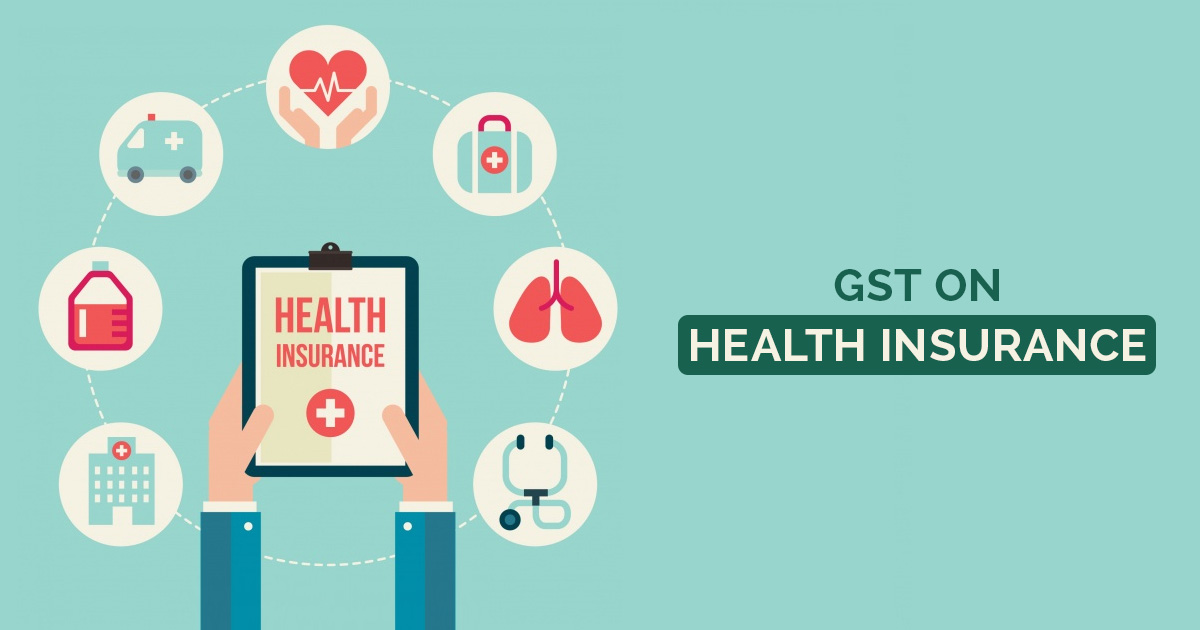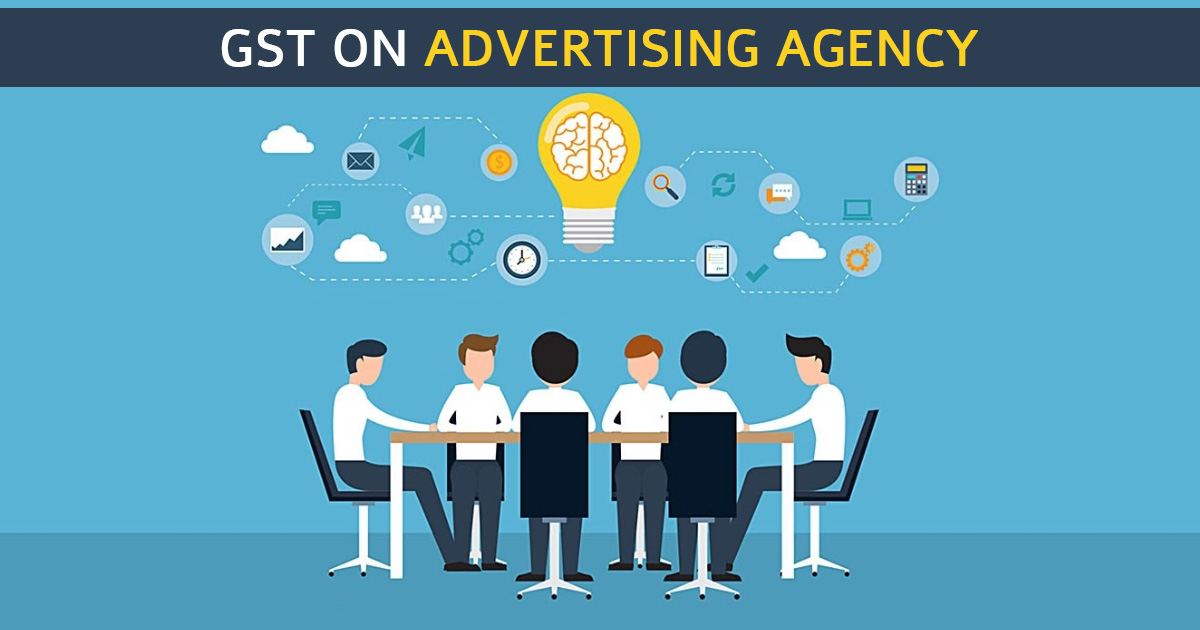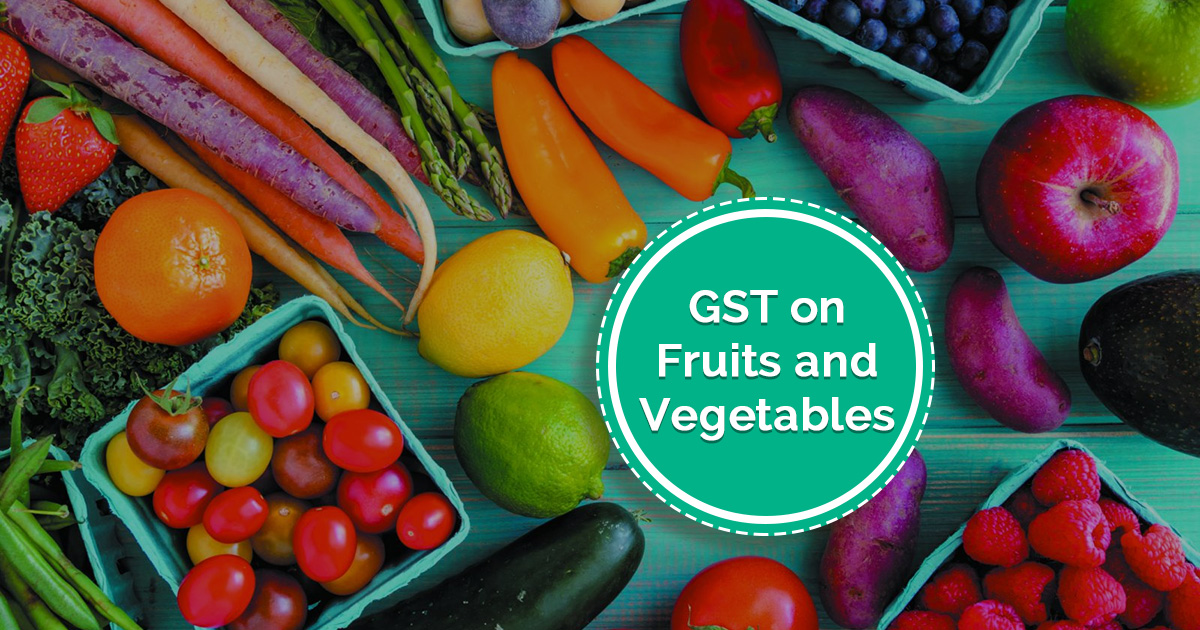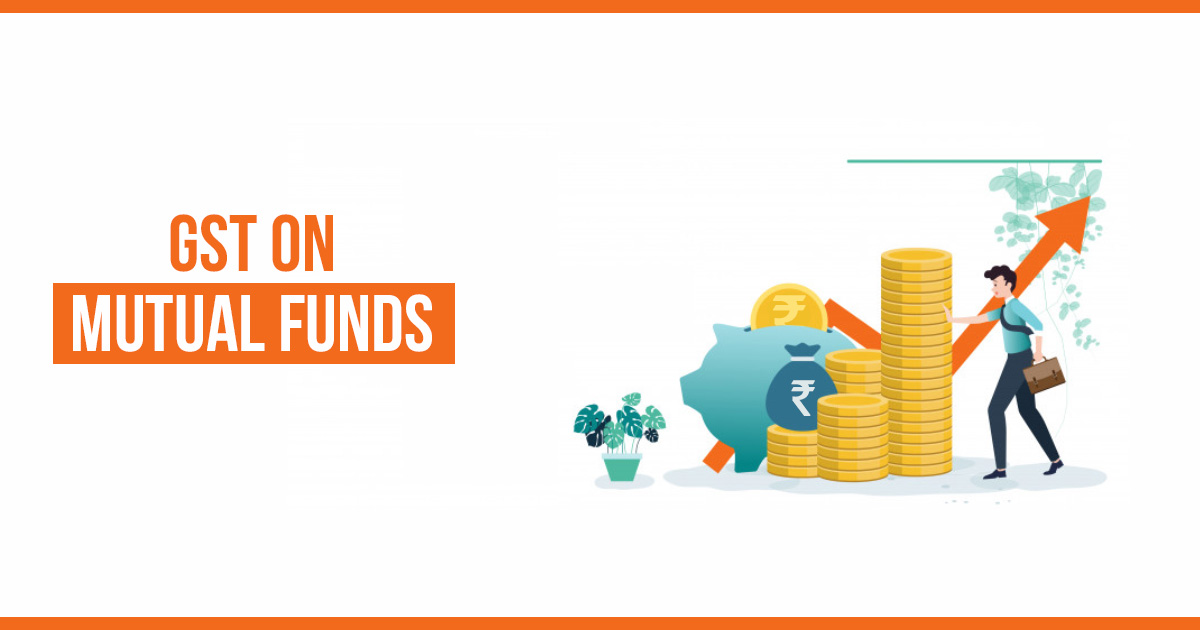Commencement of Goods & Services Tax (GST) regime has increased the tax burden on taxpayers as it has subsumed all indirect taxes such as VAT, excise duty, service tax and so on as a whole. Beyond the shadow of a doubt, this has raised the taxation on various products and insurance & banking sectors are no exclusion. In this post, we are going to show you exactly about GST on health insurance in India. Keep reading..
After July 1, banking & insurance sector is become high-priced as the previous tax rate of 15% is lifted to 18% from July. This increment of 3% will inevitably affect the personal finances of taxpayers.
In the pre-GST period, Service tax at the rate of 15%, summing up 14% Service Tax, 0.5% Swachh Bharat Cess and 0.5% Krishi Kalyan Cess, as applicable on health insurance. Under GST, the tax rate has increased to 18% which will also increase the premium, particularly for those who are paying health, car or life insurance as the whole format of the premium will change.
Let us understand the scenario of GST on health insurance with an example.
Suppose, you have purchased a health insurance plan of INR 8,00,000 i.e. the total amount insured by the insurance company and you have to pay an annual premium of INR 20,000.
Then, when the GST on health insurance at the rate of 18% will be added to the premium, the total amount of annual premium payable will be equal to INR 20,000 + 18% of 20,000 i.e. 3600 = 23,600.
Whereas, under the pre-GST era, the total amount of annual premium payable was =
INR 20,000 + 15% of 20,000 i.e. 3600 = 23,000.
This is an apparent example of the increase in premium payable by the insurance policyholder due to changes in the rate of tax.
GST Rate on Health Insurance
The previous rate tax of 15% on all the Life Insurance & Health Insurance Policies was replaced by 18% from 1st July 2017. This means the premium payable by policyholders was also increased.
The Service Tax With SBC And KKC of 15% will now be renewed with Goods & Services Tax of 18%. This increased GST rate on health insurance will lead to an increase in premium.
It should be noted that, unlike corporate policies, Input Tax Credit is not available for life & health insurance policies because they are associated with personal purposes.
However, no GST is leviable on the Life insurance policies under Government schemes.
Following are the GST-exempt Life insurance policies by Government schemes:
- Aam Aadmi Bima Yojana (AABY)
- Varishtha Pension BimaYojana
- Pradhan Mantri Jeevan Jyoti BimaYojana
- Pradhan Mantri Vaya Vandan Yojana
- Pradhan Mantri Jan Dhan Yojana
- Janashree Bima Yojana (JBY)
- Life micro-insurance product as approved by the Insurance Regulatory and Development Authority, having the maximum cover of Rs. 50,000
- Any other insurance scheme of the State Government as may be notified by the Government of India on the recommendation of GSTC
- Life insurance provided by Central Government to members of the Army, Navy and Air Force
Recommended: Impact of GST on Insurance Premium and Bank Charges
Impact of GST on Health Insurance and Premium
- Increased Premium
The premium payable will be increased due to an increase in tax rates for the new as well as existing policyholders. As the new rule is not limited to just new policyholders but also applies to the policyholders who purchased the policy earlier as well, the increased premium will have to be paid by both types of policyholders.
- Higher Administrative & Compliance Burden
The insurance companies may have to face higher compliance and administrative costs as more GST returns will need to be filed and more inter-branch transactions will take place. The insurance companies will hand down these additional costs to the policyholders i.e. their customers.
- Increased Insurance Expenses
Increase in insurance expenses for a family with life, health and car insurance. On average, such families will pay 3% increased insurance expenditure.
Suppose, they are spending a total of INR 30,000 as an annual insurance expenditure. Increase in tax compliance is 3% so the total expenditure will also increase by 3% i.e. INR 900 (3% of 30,000).
- Affordable health insurances
High premium due to high tax is germinating fear within insurers that their customer base may shrink. The high premium may snatch their customers which will take the insurance business to the downward slope in the graph. So, to ensure that their business does not flounder, the insurance companies may start offering policies at affordable prices and with the less cumbersome purchase procedure.
- Unavailability of ITC
Under the GST regime, insurance is treated as services, so the input tax credits are unavailable not only for individual policyholders but also for group policyholders.
- No concession for Endowment & ULIP
Increase from 1.5% service tax on single premium annuity policy to 1.8% tax.
GST at the rate of 4.50% will replace the concessional rate of 3.75% on the first premium.
GST at the rate of 2.25% will replace the concessional rate of 1.875% on the renewal premium.
Also Read: What are the Pros (advantages) and Cons (disadvantages) of GST in India?
Conclusion – GST on Health Premium
Increase in tax will not only make banking services pricey for customers but also increase the administrative & compliance burden for the banking companies. This will further result in increased paperwork, additional compliance costs, operating costs, etc. The inter-branch transactions will also attract tax under GST.
Not too burdensome effects on banking companies as the additional expenditure will be passed on the customers and the ITC can be availed on the taxes paid on inter-branch transactions.

